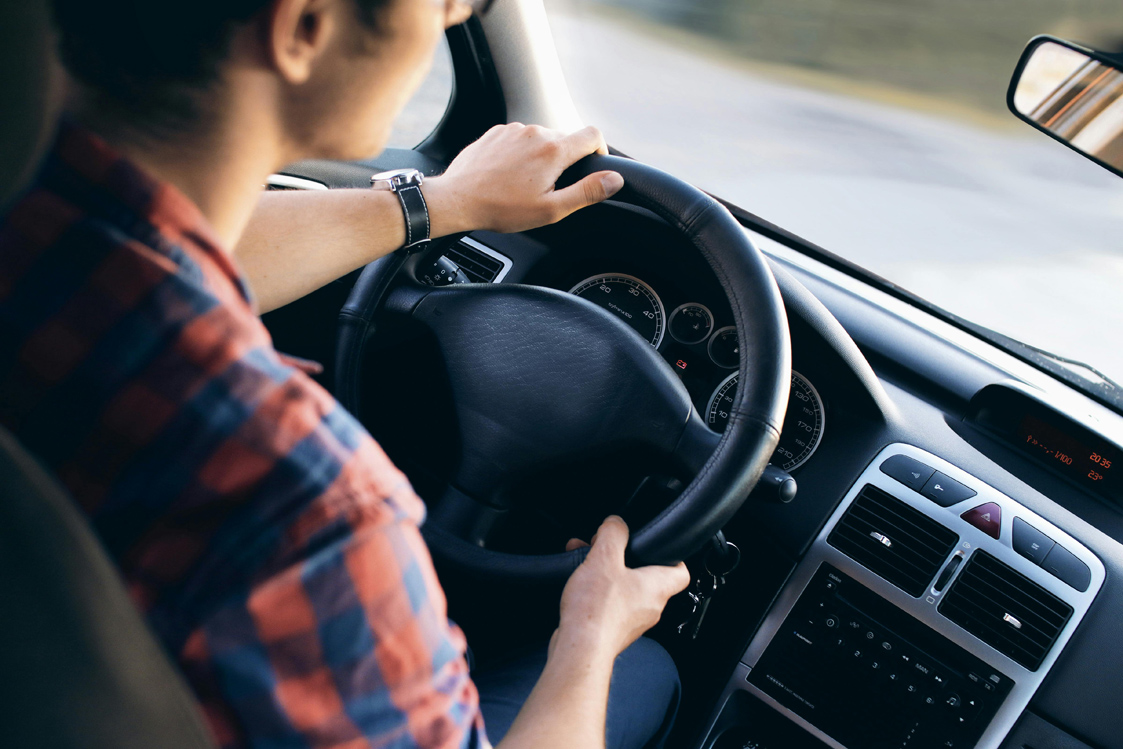
According to the DfT (Department for Transport), roughly 12% - 18% of all road fatalities involve a drunk driver. It also estimated that up to 40% of all workplace accidents are related to alcohol use. One of the key tools in tackling these issues and ensuring increased safety is the use of Breath Alcohol Measurement systems across various fields.

Breath Alcohol Measurement devices are becoming increasingly commonplace in industrial and domestic settings, often referred to as "Screeners" or "Portable" units. Employers are recognising the need to safeguard employees and the public from potential harm caused by individuals under the influence of drugs or alcohol, making these devices a fundamental safety measure in critical driving occupations, industrial environments and alcohol awareness programs.
Those tested can include:
Engine Interlock systems play a vital role in enhancing safety on the roads. These systems are installed in motor vehicles to prevent the engine from starting if the driver surpasses the legal alcohol limit. Prevalent in Scandinavia Engine Interlock systems are gradually gaining traction in other parts of Europe, they are most notably found in public transport vehicles, especially coaches and buses, with discussions ongoing about their widespread implementation in hire cars.
Legal limits versus ethanol mixtures:
| Country | Legal Alcohol Limit (µg of Ethanol in 100ml of Air) |
Mixture Concentration (ppm Ethanol in Nitrogen) |
|---|---|---|
| Ireland | 22 | 120 |
| Germany, France, Spain, Netherlands, Belgium | 22 | 120 |
| Sweden, Norway (Airline, Maritime, and Railway Workers in the EU) |
9 | 50 |
| UK, US | 35 | 192 |
| * found mainly in Europe, where Drager were first to market with their product. Used on equipment requiring electronic interpolation to calibrate sensors. | 48* | 260 |
Breath Alcohol Measurement through canisters is not yet legislated. However, it is recommended to calibrate units after a specific number of tests, usually around 500, ensuring accuracy and reliability. Calibration can be performed by the equipment manufacturer, distributor, or end-users, although training of personnel conducting the tests is critical. Proper training on test procedures and equipment usage can help minimise errors and improve the accuracy of test results.
Testing in Engine Interlock systems commonly involves non-refillable canisters, typically carried out by garages or service centres during installation. These canisters play a crucial role in maintaining the accuracy of these life-saving systems.
Air Products prioritises the highest quality standards throughout the manufacturing process. Each one of our canisters are meticulously labelled according to CLP (Classification, Labelling and Packaging) regulations, providing clear and compliant information for safe handling and disposal, with custom label options also available.
With fully integrated production facilities, strategically located in Worcester and Dubai, we manage the production of both transmixes and non-refillable canisters without the need for external companies.
Our unique calibration gas canisters also boast dual approval, adhering to both European and US standards, ensures seamless operation across different regions from a single-source. This meticulous in-house control guarantees consistent canister quality, delivering precise and dependable results.
Air Products is a leading supplier of calibration gases and gas control equipment.
Utilise our intuitive product selector to help you find the perfect solution for your specific applications.
Alternatively, contact our experts, we have the expertise and experience to provide guidance of gas mixture selection, bespoke mixtures and recycling options for your canisters.